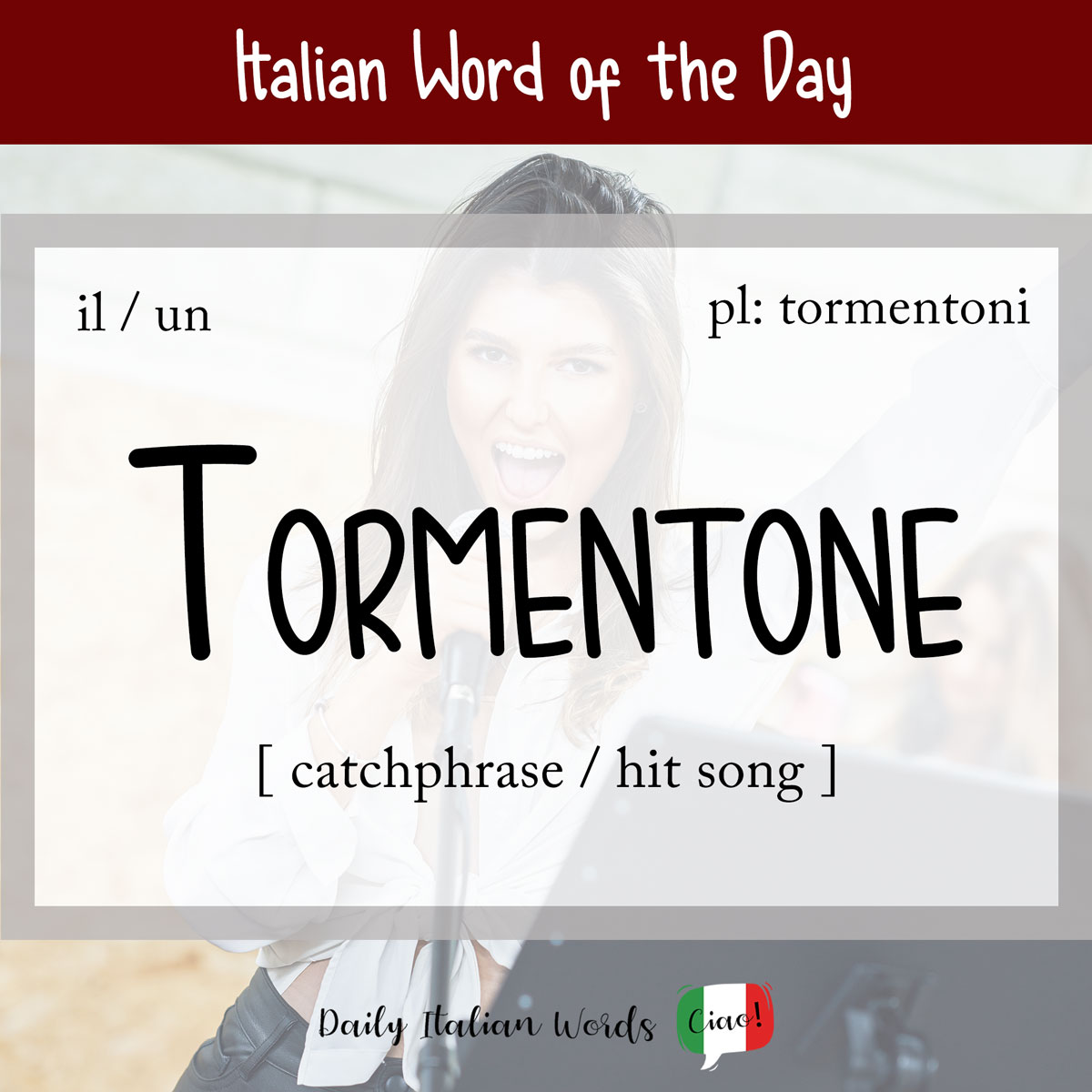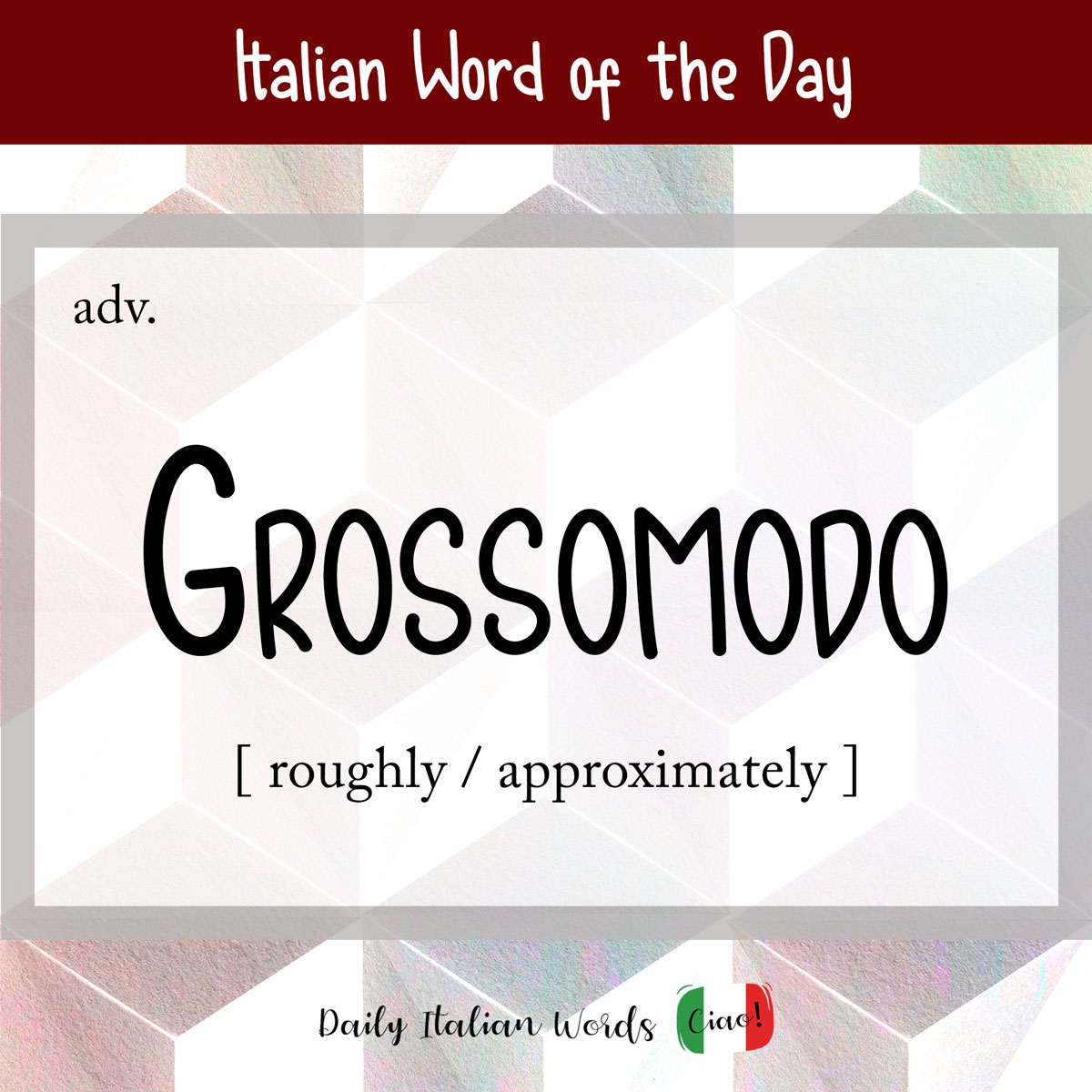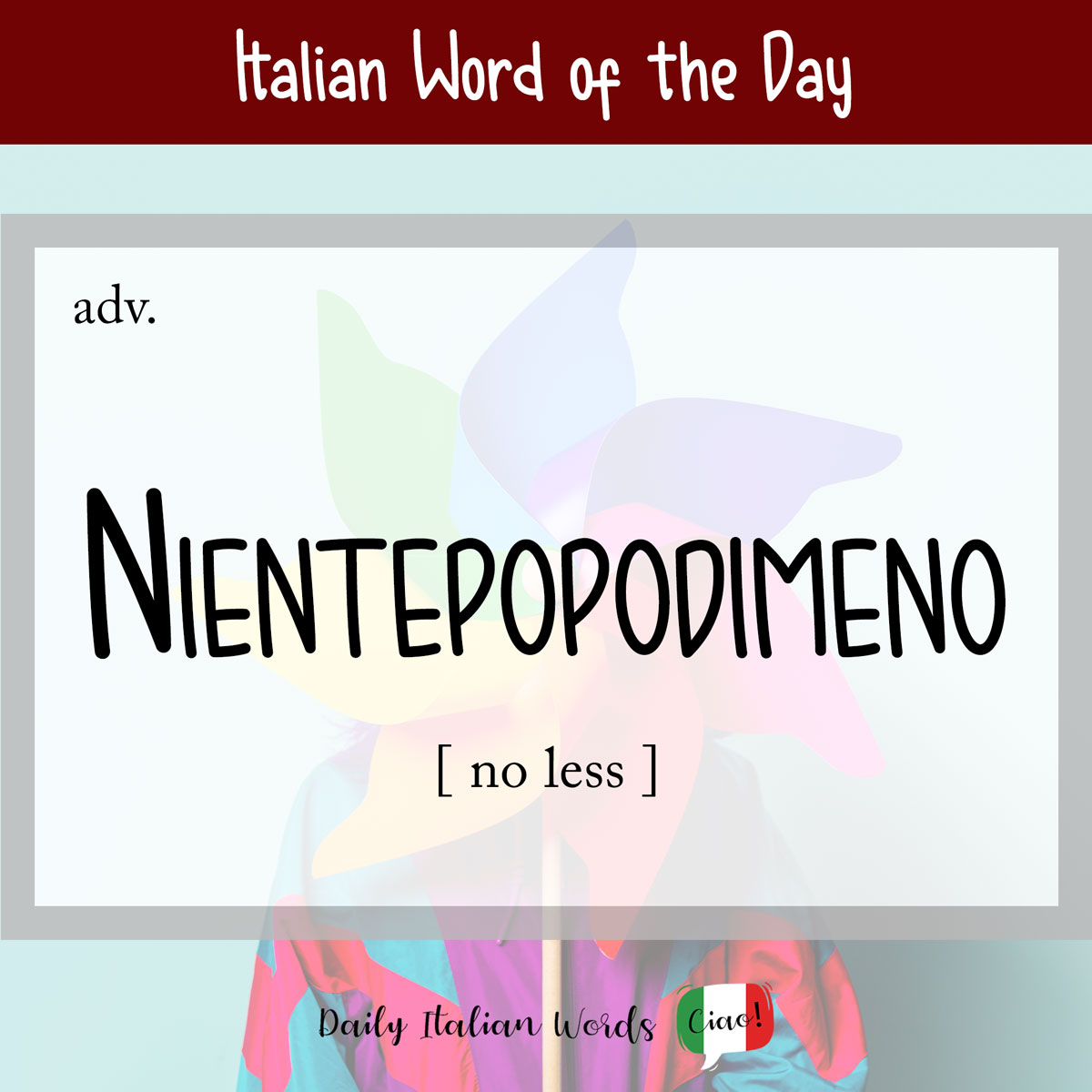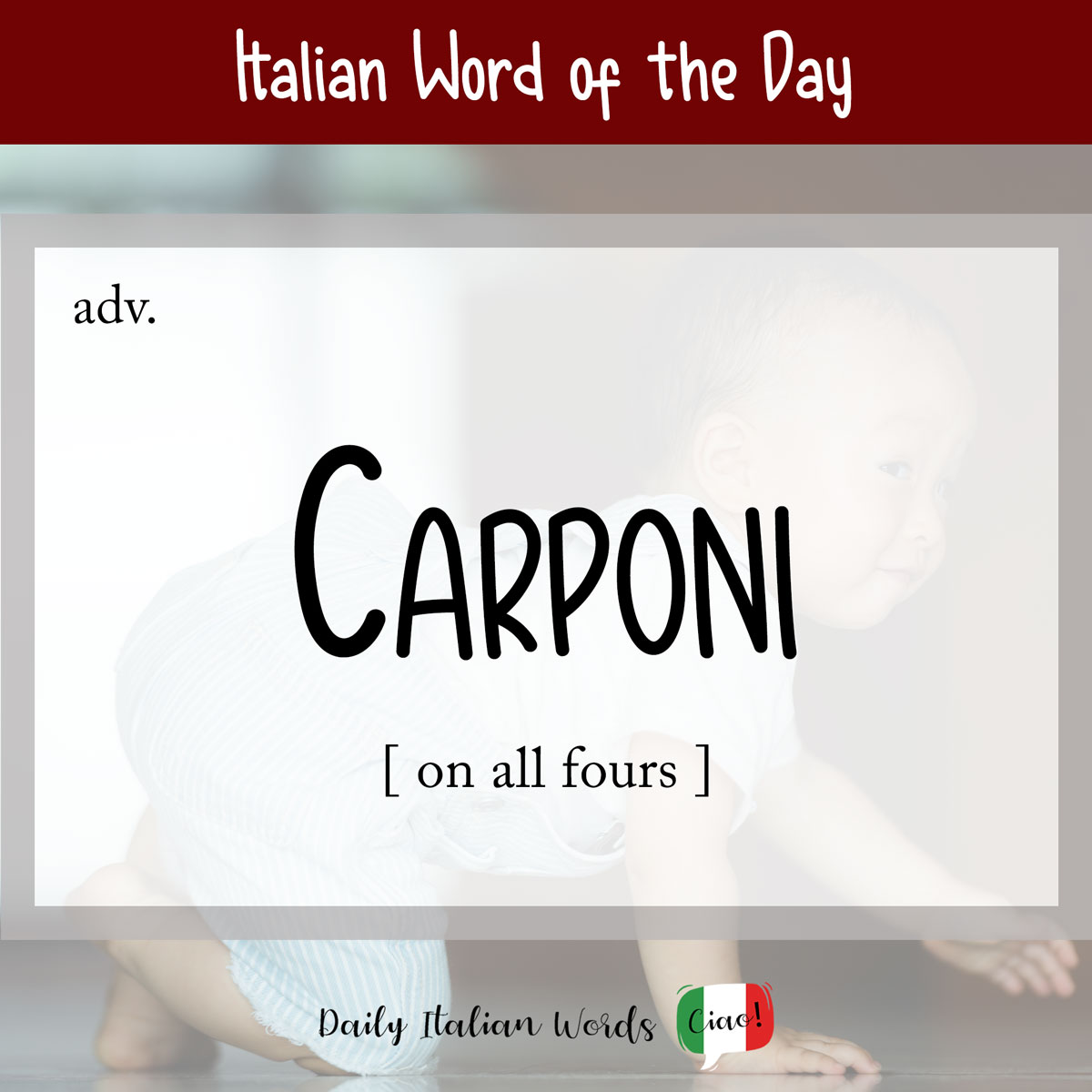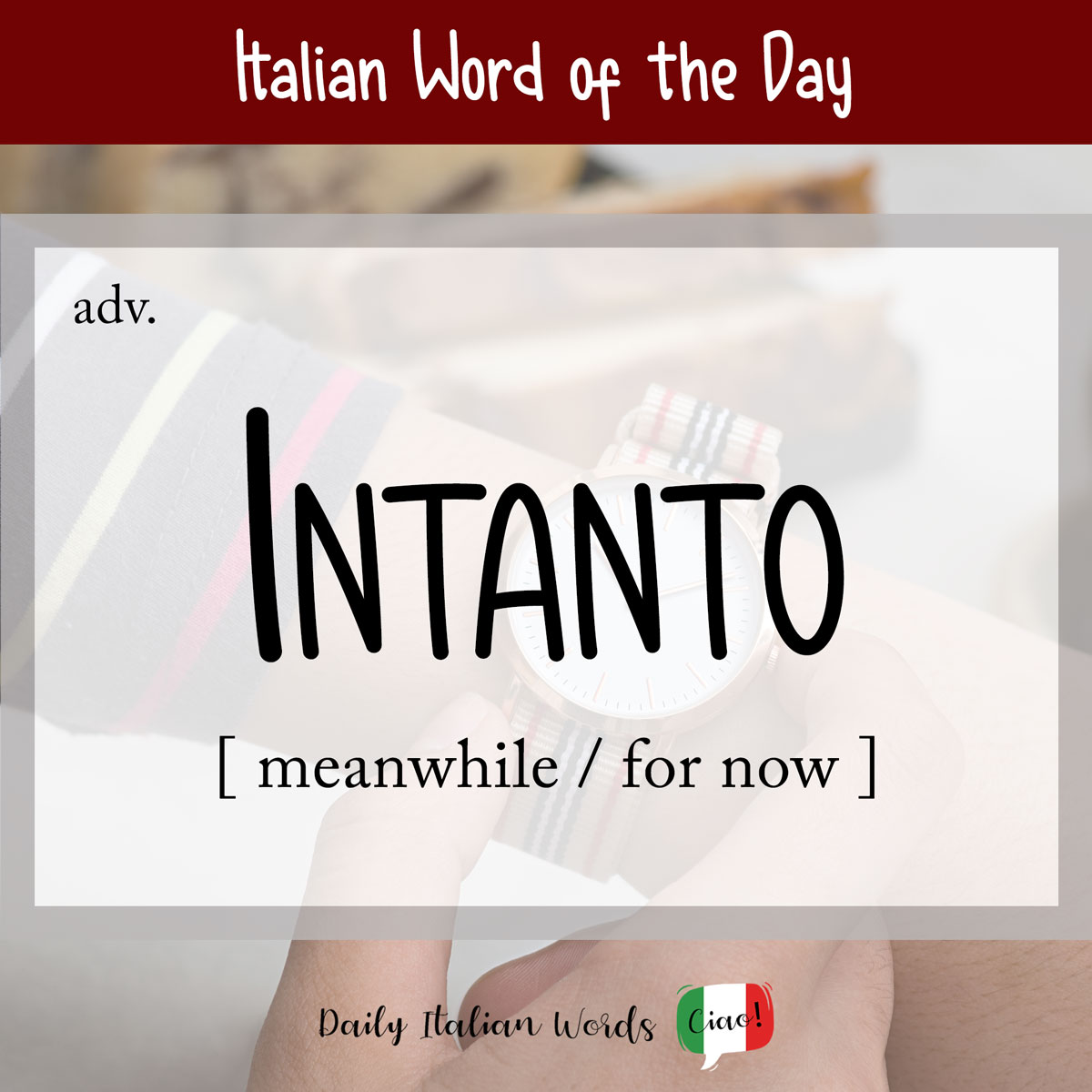Italian Word of the Day: Tormentone (catchphrase / hit song)
A tormentone is an expression, catchphrase, buzzword, meme, or piece of music that is repeated ad nauseam via the mass media or word of mouth, gaining rapid popularity and widespread diffusion as a result. tormentone catchphrase / hit song Tormentone is a masculine noun, and the plural form is tormentoni. il tormentone un tormentone i tormentoni …

